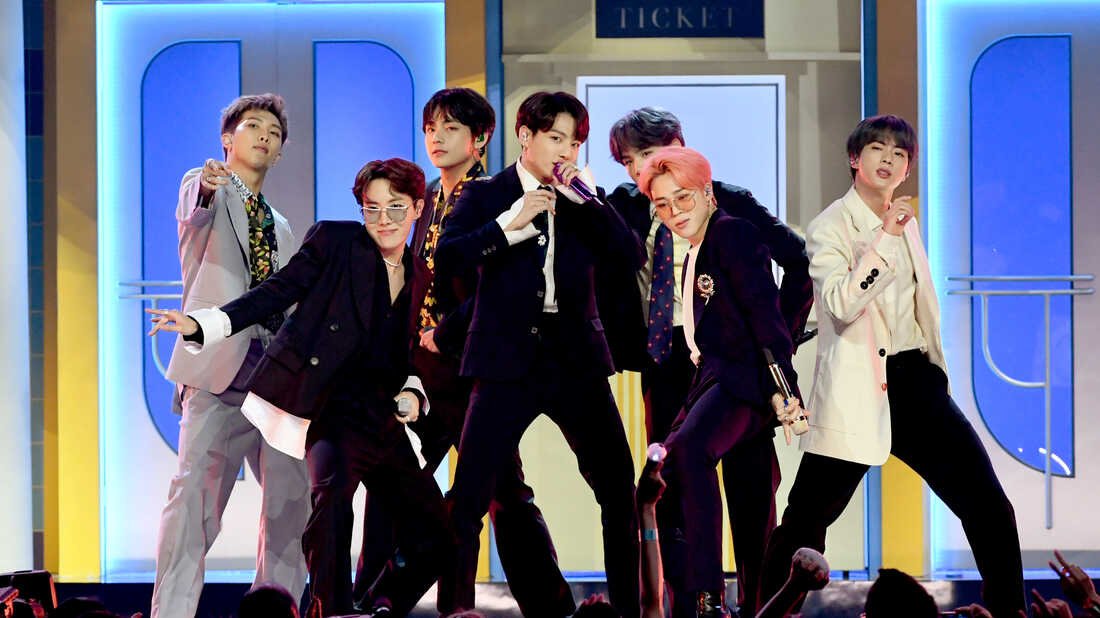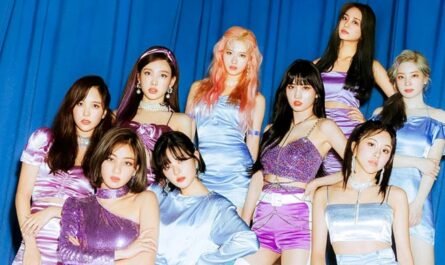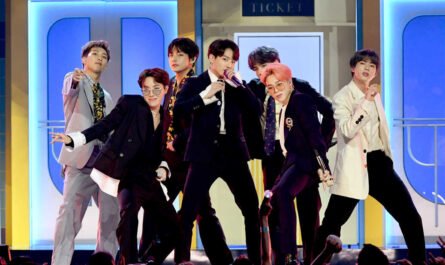As the voices about the climate crisis are getting louder than ever, discussions often appear in the K-pop fandom. Recently, a website called ‘KPOP 4 Planet’ was also created. It is a space for K-pop fans who are fighting climate change.
This site encourages fans to participate in eco-friendly habits and activities individually. Above all, by listing examples of climate change-related behaviors of K-pop stars, they are asking them to exercise ‘good influence.’ Interestingly, it is a conscientious and indirect way. He seems to be conscious that, until now, when he asks K-pop stars to speak on social issues, there has been a backlash that puts a burden on artists.
The site also provides an opportunity for fans of a particular artist to express their desire for carbon-neutral concerts as much as they like by symbolically ‘booking’ virtual concert tickets. It subtly stimulates the competitive spirit by showing which country’s fandom participated in a graph. It conveys a heavy theme while cutely capturing the details of the K-pop fandom.
The combination of popular music and environmental movements was not uncommon. Some artists donate the proceeds, run their tour vehicles only on biofuel, or convey a message through lyrics and music videos. Coldplay, a rock band representing today, is also conducting a low-carbon tour under the principles of minimizing flight operations, recycling required resources, and using eco-friendly energy. However, it is not easy to find examples of more collective movements beyond individual artists and their fans. It is clear that not all K-pop fans are talking about the climate crisis, but it is certainly impressive that the fandoms of several artists are speaking together.
I want to think about why this is possible in K-pop. Is it because the ‘Dream Concert’ historic event started with an ‘environmental concert,’ and the fandom created a forest under the artist’s name? The first answer is that K-pop is still a niche market. K-pop fandom is a group of a relatively small number of people who respond to the particular taste of ‘Korea’s unique dance music.’
The collective participation of the K-pop fandom in social movements such as the black civil rights movement ‘Black Lives Matter is a privilege of non-mainstream culture. In addition, it is worth pointing out that one of their characteristic behaviors is collective action, such as the so-called ‘Chonggong.’
Not only that but now is the time when so-called ‘climate justice has emerged as an important issue. Developed countries are responsible for causing climate change, but the damage comes first too weak countries or people in disadvantaged positions. It is also related to the context in which K-pop has been drawing attention as a minority culture globally and has been linked to issues of ‘social justice’ such as minority human rights and cultural appropriation. In other words, the K-pop fandom is a group of people interested in the climate crisis, familiar with exchanges and collective actions that cross the boundaries of fandom.
Of course, skepticism is possible. Aren’t mass-production of waste products from CD production? Fans always feel that this industry is overbearing the voices of its fans. Nevertheless, K-pop cannot exist without fandom. That fandom is now desperately trying to change this industry more than ever. Everyone is watching who will respond first.











